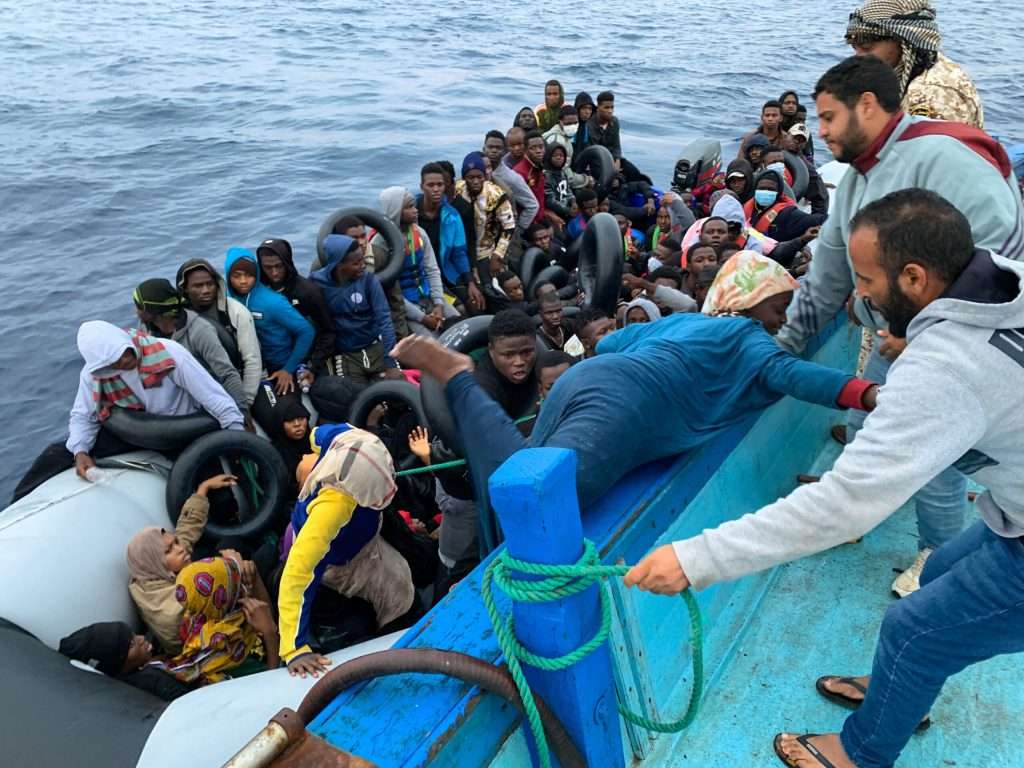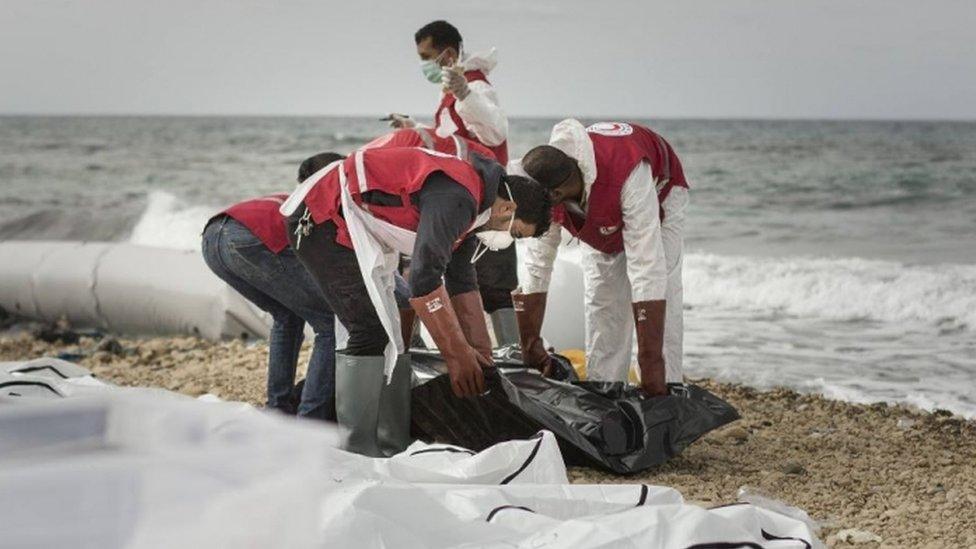Over a thousand migrants forcibly returned to Libya in a week

Over 1,000 migrants were intercepted and forcibly returned to Libyan shores between September 21st-27th as reported by the Moroccan government-friendly outlet North Africa Post on October 1st.
The International Organisation for Migration’s weekly report noted that interceptions occurred at multiple points along the Libyan coast, which borders the Mediterranean, including Al-Zawiya, Tripoli and Derna.
Since the start of 2025, 19,264 migrants have been intercepted and returned, with a large proportion of these being men. The IOM report documented 460 deaths across the Central Mediterranean route this year, including recent cases which has attracted criticism of the Libyan coast guard and their methods.
These figures are set to surpass the number of interceptions recorded in total throughout 2024, which was 21,762, and has already eclipsed the 17,190 recorded in 2023.
Libya has become increasingly stretched through the influx of refugees fleeing conflict from neighbouring country Sudan, adding to the continuous stream of people from Africa who are seeking to cross the Mediterranean into Europe.
The European Union, who are eager to limit migration to the European continent, have supported Libya through migration cooperation and funding programs, which has received widespread criticism from Amnesty International. They claim that the EU’s cooperation with Libya is “morally bankrupt” through its funding of undignified and abhorrent conditions which migrants face in Libya.
Whilst interceptions and forcible returns are increasing year-on-year, the number of casualties has decreased, from 962 in 2023 to 665 in 2024. Whilst casualties remain significant and highlights further concerns about Libya’s treatment of migrants, this year’s figure looks set to continue that trend.
Human rights violations regarding migrants have been widespread across the Maghreb region, including arbitrary detention, torture, rape and forced labour. Whilst forcible returns have been conducted, the prospect of a legitimate deal with a country in the Mediterranean such as Italy or Greece remains unlikely due to Libya’s instability, meaning it cannot be designated as a safe country.
North Africa Post, Maghrebi.org, Amnesty International
Want to chase the pulse of North Africa?
Subscribe to receive our FREE weekly PDF magazine













